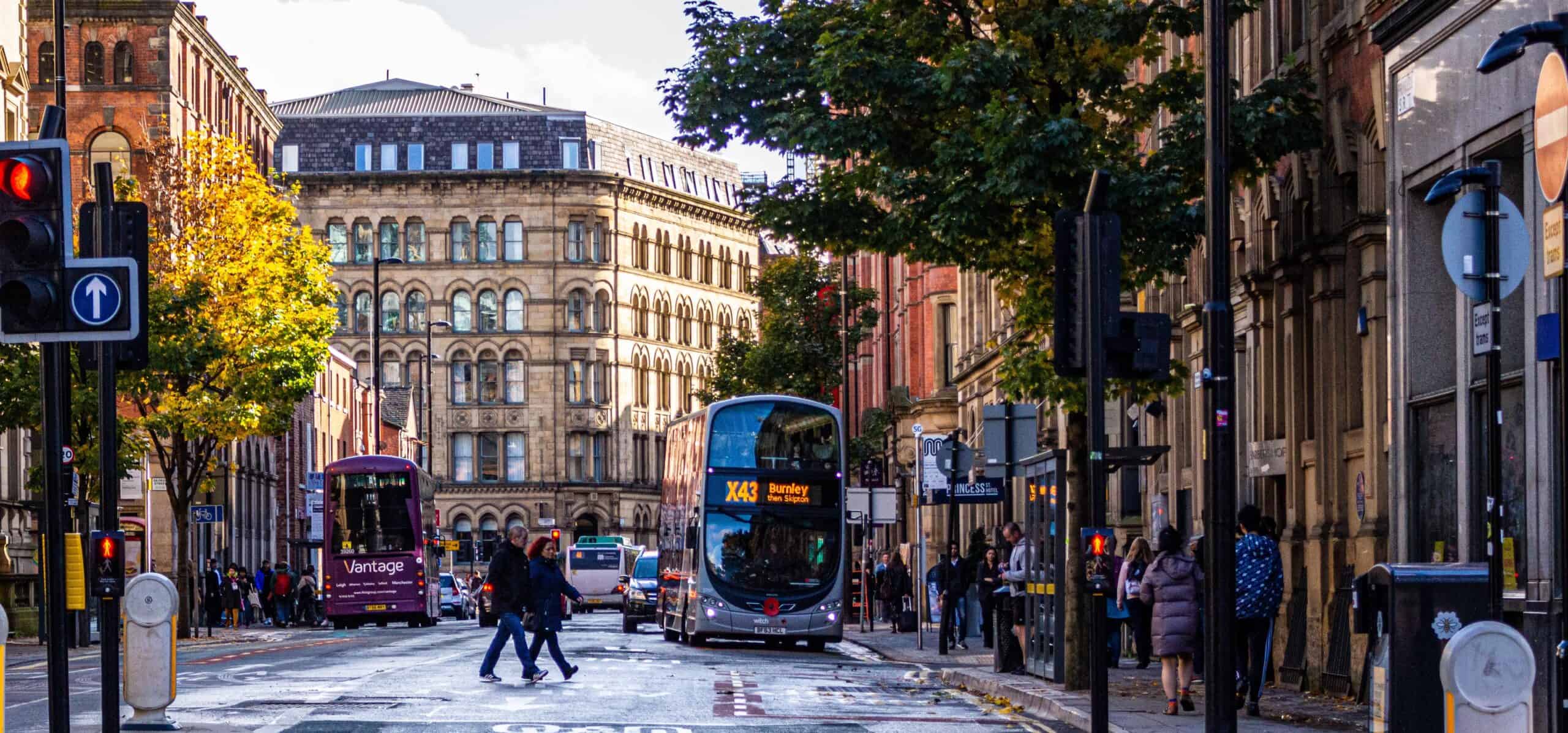- HMRC Plans to Launch Tax Crackdown on Side Jobs and Gig Economy
- Controversy Surrounds Meat Tax with Varied Opinions
- Manchester, as the First City to Impose a Tourist Tax, Divides Opinions
Side Jobs and Gig Economy May Face Tax Crackdown
Since 2019, the economic downturn has driven more people to take up secondary employment to alleviate financial pressures.
This trend includes popular platforms like Uber, Airbnb, and e-commerce, which have become part of the income source for gig workers.
In reality, income earned from side jobs also requires taxation and bearing tax responsibilities to HMRC, making trust increasingly crucial.
It is anticipated that starting from next year, HMRC will collaborate with various platforms to challenge individuals on the accuracy of their tax reporting.
Platforms will directly record individual sales data and provide it to HMRC, with any data discrepancies subject to investigation.
Meat Tax Sparks Controversy
If you are an avid online surfer, you may be familiar with the concept of a meat tax.
This is a hotly debated topic stemming from various perspectives, aimed at addressing concerns regarding environmental sustainability and health issues.
As of now, there is no official consensus on this matter, even though it might exert additional pressure on low-income groups.
Research suggests that the impact of a meat tax on household expenses may be minimal once implemented, but this remains speculative.
Additionally, some European countries have proposed reducing value-added taxes on fruits and vegetables to alleviate the financial burden on households.
Is Manchester’s Tourist Tax a Success?
Earlier, we mentioned that Manchester became the first city in the UK to introduce a tourist tax.
Visitors to the city are required to pay £1 per person per night, and the funds collected are earmarked for urban development and event hosting.
In fact, we have another article that covers the tourism tax policies in various European countries and provides updates.
Currently, Manchester businesses have not experienced significant disruptions and, in fact, express hope for the results of the new policy.



